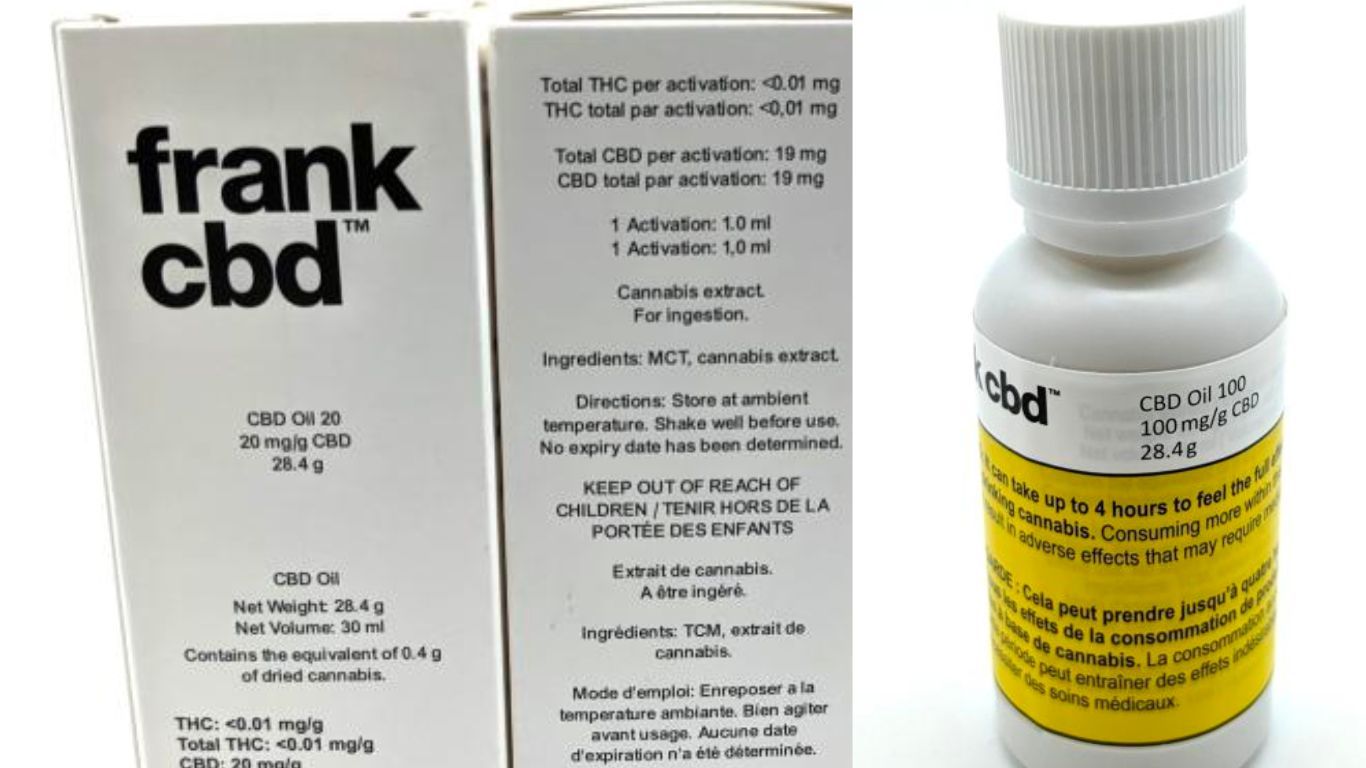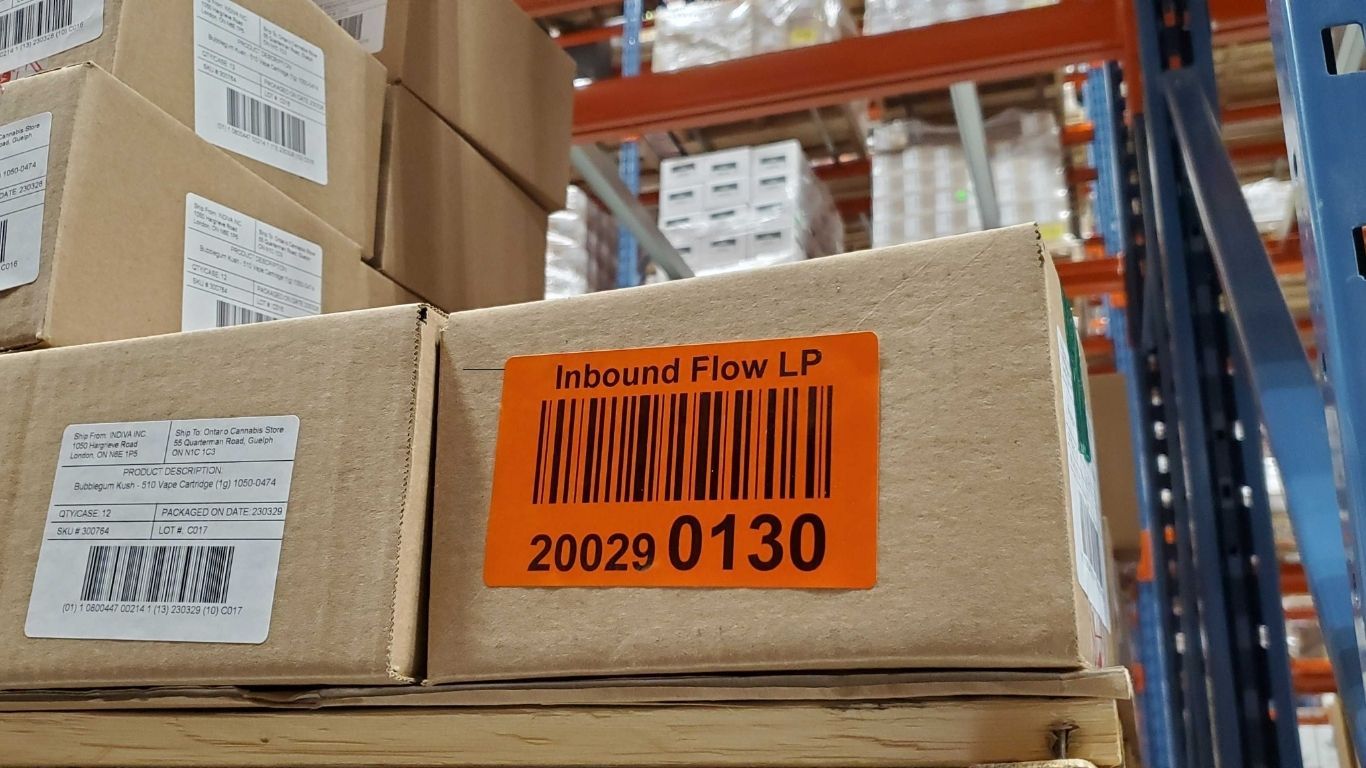
CannDelta is a regulatory and scientific consulting firm specializing in cannabis licensing in Canada. Founded by Dr. Sherry Boodram and Dr. Lucas McCann in 2018, CannDelta has helped numerous producers, retailers, and others seeking to navigate the highly regulated cannabis industry.
The company got its start from the two founders’ background of working with Health Canada, explains McCann. He had been working as a Chemist at the Health Products branch within Health Canada, and Boodram had worked first as a Drug Forensic Chemist with the federal regulator, analyzing controlled substances seized by law enforcement, and then as a Senior Compliance and Enforcement Officer for the Medical Cannabis program run by Health Canada.
When the two left their respective jobs at Health Canada, they quickly began hearing from people operating in or planning to operate in the cannabis industry who were looking for guidance.
A consultant (or consulting firm) should be able to do more than just state the rules or regulations, they should also be able to guide you through launching a successful business.
“We both often found ourselves having to interpret the regulations to lay-persons, acting as the interpreter for Health Canada and the proponent, effectively becoming a liaison,” explains McCann. “This is a special skill that CannDelta brings to the table compared to other consulting companies in the space. It was easy for us to see the disconnect between what Health Canada, an organization that thinks in black and white, expects versus how business-minded people actually think.”
This happened mostly through word of mouth, continues McCann. Many who were interested in gaining a better understanding of Health Canada’s way of operating, the expectations of regulators, and how to best work within regulatory frameworks reached out to the duo directly.

What started as just the two of them offering their services as freelancers quickly blossomed into a full-fledged consulting firm, now with 20 employees across Canada.
“The main reason that CannDelta has seen such growth was because of people’s need for someone who understands the regulations from the regulators’ perspective as well as the science of cannabis, operating in a quality system, and writing and understanding technical documents, such as standard operating procedures,” says Boodram. “Lucas and I bring our PhD’s in chemistry, with an academic style of writing and thinking, along with our Health Canada experience.”
Many of CannDelta’s current team members have worked for licensed cannabis producers in their quality, operations, and regulatory departments. Others worked in compliance departments within the government or in other regulated industries, such as pharma.
This array of experience helps ensure that CannDelta’s clients get some of the best assistance possible, says McCann.
“There are a few different aspects that can make a great consultant,” he says. “These typically boil down to education/certifications, industry experience, and their track record of success.
“There is no particular degree required to call yourself a ‘certified consultant’; in fact, there is no such thing as certified in the consulting world. When evaluating if a consultant is right for you, it’s important that they bring a balance of understanding of the regulations in which they work within and an open-mindedness to your business model. A consultant (or consulting firm) should be able to do more than just state the rules or regulations, they should also be able to guide you through launching a successful business. A consultant should be personable and honest; there’s a lot of trust required and with some of the very large leaps of faith that must be made in the industry, trust is paramount. A great consultant is one that is able to stay on top of the changing industry so that they can provide their clients with the best service possible in a shifting regulatory landscape.”
Although the regulatory landscape can be difficult, Boodram says she does see improvements, even if slow.
“Since legalization, and more recently with COVID-19, Health Canada has made huge leaps to reduce contact and potential exposure by solving important logistical challenges pertaining to licensing, such as conducting virtual inspections, allowing digital media for the submission of large files, and to even allow temporary security clearance to ensure operations continue to run smoothly. From a business perspective, the cannabis industry is not showing any signs of slowing down despite the increased restrictions to how we live and work, and COVID has dragged Health Canada (kicking and screaming) into the digital age.”
Content sponsored by: CannDelta













